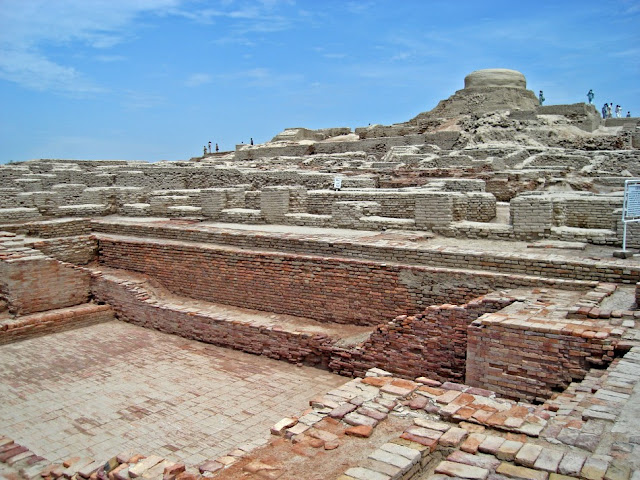While the rich man enjoyed his wealth…
I. Summary
In Luke 16: 19-31, Jesus tells a story of a rich man who “clothed himself in purple and fine linen and…made merry in splendour every day” (vs. 19). At his gate was a poor man called Lazarus who was covered with sores (vs. 20). While the rich man enjoyed his wealth, the poor man was overlooked and spent his last days longing for the scraps that fell from the rich man’s table.
Eventually both the poor and rich man die and go to heaven and hell respectively. Suffering terribly in Hades, and seeing Lazarus happily seated next to Abraham across the divide in heaven, the rich man cries out to Abraham for assistance. He requests that he “pity him by sending Lazarus to dip the tip of his finger into water and cool his tongue” (vs. 21-24). In response, Abraham rejects the rich man’s request and instead reminds him of the times in his life when he wanted for nothing. Abraham also tells him matter-of-factly that there was just no way his request could be granted. Not giving up, the rich man requests that Abraham send Lazarus to his family to warn them of their bad deeds so that they may avoid his terrible fate (vs. 25-28). Abraham says “They have Moses and the Prophets; let them hear and listen to them” (vs. 29). The rich man responds saying “if someone from the dead goes to them, they will repent…” (vs.30). Abraham replies “If they will not listen either to Moses or to the prophets, neither will they be convinced if someone should rise from the dead” (vs. 31).
II. Interpretation
The story above reveals three key points: firstly, it highlights the fact that poverty and wealth on earth are a reality. Wealth characterises the life of the rich man while poverty defines the life of Lazarus. The story further indicates that wealth is not necessarily bad and some people will continue being wealthy, as exemplified by the brothers and relatives of the rich man. However, the result of this is that we shall be held accountable for how we used the wealth that we had while on earth. The story demonstrates the arrogance and irresponsibility that can accompany possessing wealth while those without means are condemned to beg without dignity for alms outside the wealthy person’s front gate.
Secondly, it is important to remember that hell and heaven exist. Our deeds in this world are indicators of whether hell or heaven will be our final destination.
The third point I would like to argue relates to making a judgment and its irrevocability; once judgment has been made there is no possibility of reversing it. The story makes it clear that the divide between heaven and hell is absolute; transiting from one side to the other is not possible. The story further points out that the only chance to amend your ways is while on earth and not after you are dead.
Finally, the story mentions ‘Moses and the Prophets’ to remind us that the Gospel and scripture are the key to eternal life and are freely available to all.
III. Lessons learned
Does the story have any implications for our lives? Well, it depends on how one interprets it. If you want to look at it from the point of view of the two main characters (Lazarus and the rich man), then several questions come into play: how do we treat others? Especially those who are disadvantaged? In our workplace, in learning institutions or wherever we find ourselves, there is a lesson to be learned from this story! Do we look down upon the disadvantaged, or do we treat them with love, respect and dignity? Or is the situation the other way round; characterized with hatred, jealously, disrespect and intolerance – to mention but a few.
Perhaps the best way to answer this question is to place ourselves in the poor man’s shoes. If we do this, then we see how vital it is to learn attitudes such as compassion and sharing. In other words, we are reminded to pause and review our lives. How have we interacted with the less fortunate in the past? If today was to be your last day here on earth, would you have a reason to beg for extra time to make things right?
Finally, we are once again reminded of the central role of the Gospel. The story makes it clear that scripture is always available for us and only we as individuals can make the decision and choose to embrace it or not. No one can embrace the scriptures on your behalf as represented by the rich man asking Abraham to intervene. The Gospel and sacred scriptures are available to us today and offer the best guidelines on how to relate to each other while alive on earth.
The Word of God is the greatest gift we Christians have to model our social interactions. We ignore it at our peril. If we decide to ignore it, the consequences are evident; the rich man faced them and there is no doubt the situation would be the same for anyone else living in the world today.


Comments
Post a Comment